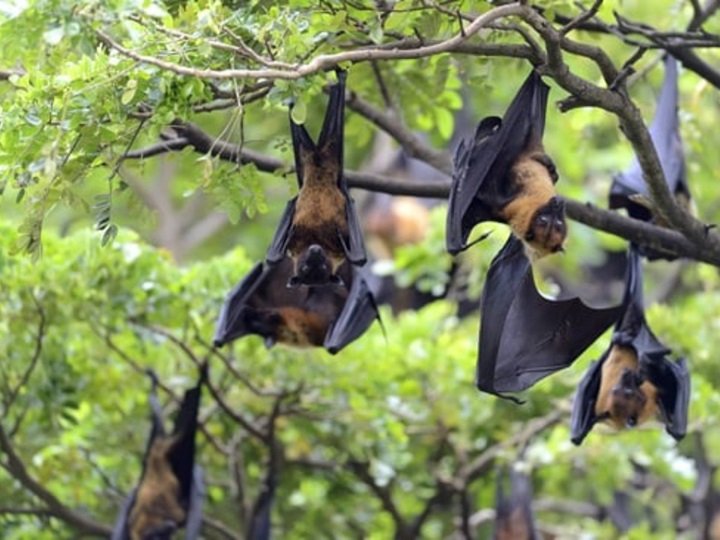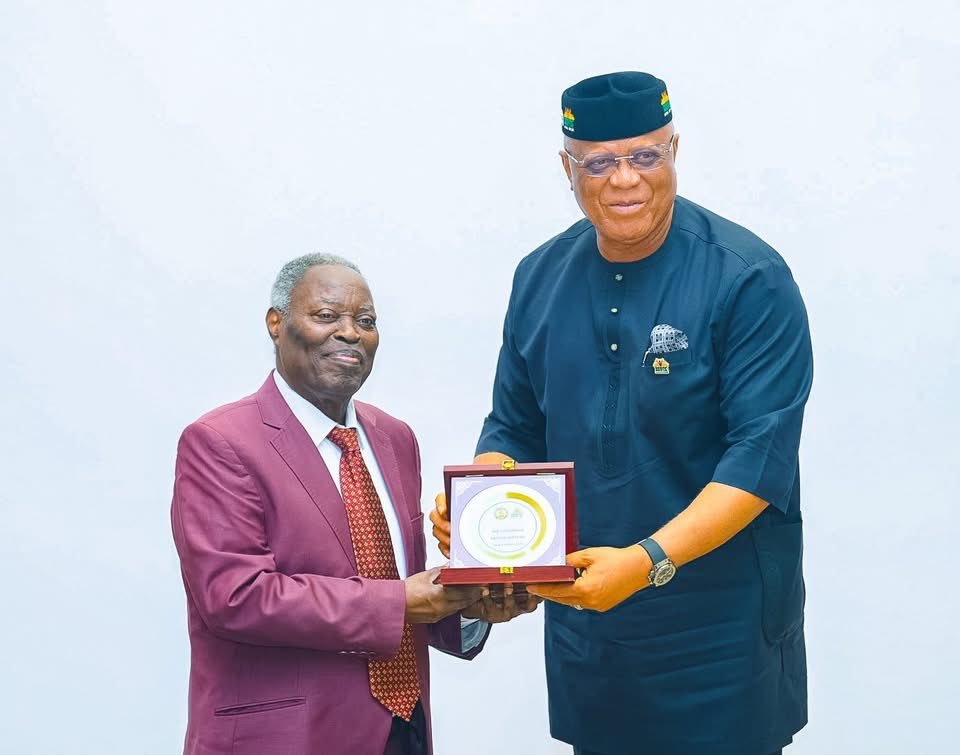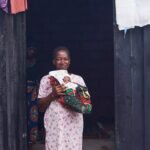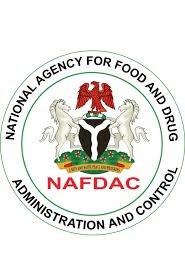WHO DIRECTOR-GENERAL CALLS FOR URGENT ACTION TO ELIMINATE CERVICAL CANCER
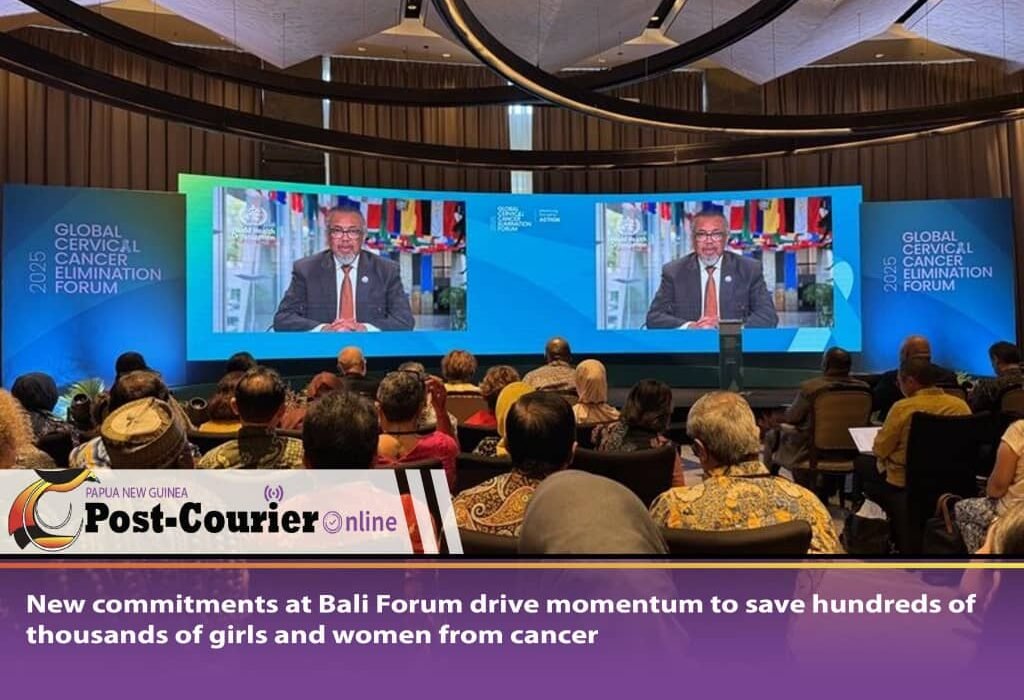
WHO Director-General, Dr. Tedros Adhanom Ghebreyesus has called on the world to accelerate efforts to eliminate cervical cancer, emphasizing that every unvaccinated girl and every woman without access to screening or treatment is a stark reminder that equity must be central to the fight.
The Director-General who made this appeal at the 2nd Global Cervical Cancer Elimination Forum held in Bali, Indonesia, from June 17 to 19, noted that cervical cancer is mostly experienced in low and middle-income countries where health system challenges and cost barriers leave most women unscreened and untreated.
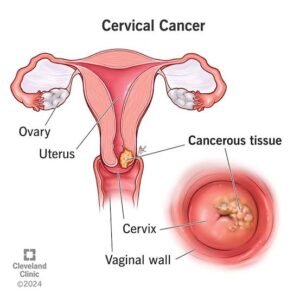
“Together, we can consign cervical cancer to the history books,” Dr. Tedros said, affirming that cervical cancer remains one of the most preventable yet deadliest cancers, claiming a woman’s life every two minutes.
The forum brought together more than 300 participants, including health ministers from Fiji, Indonesia, Rwanda, Papua New Guinea, and South Africa, demonstrating global political will to make cervical cancer the first cancer ever eliminated.
Governments, donors, multilateral organizations, and private partners announced major new investments and policy commitments to expand access to HPV vaccination, screening, and treatment.
The WHO’s Global Strategy sets clear 2030 targets which include: 90% of girls to be fully vaccinated against HPV by age 15; 70% of women to bescreened by ages 35 and 45; and 90% of women with cervical disease receiving timely treatment, as achieving these milestones is essential to save hundreds of thousands of lives annually.
Correspondingly, Indonesia’s Minister of Health, Budi Gunadi Sadikin, underlined his country’s commitment by expanding free HPV vaccination programs and strengthening early detection through DNA HPV testing and co-testing methods at healthcare facilities. “Prevention is far more important than treatment,” Sadikin said, stating how regular screening can help detect cancer early, significantly improving recovery and lowering costs.
The forum builds on last year’s momentum from commitments made in Cartagena, Colombia, where nearly $600 million was pledged to scale up elimination efforts. Progress includes wider adoption of single-dose HPV vaccines in 75 countries and increased vaccination coverage in Africa, rising from 28% in 2022 to 40% in 2023.
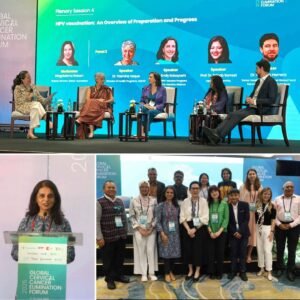
Similarly, WHO Regional Director for the Western Pacific, Dr. Saia Ma’u Piukala called the campaign “a movement for justice,” ensuring every woman, regardless of where she lives or her income, can access lifesaving care.
“By breaking down barriers and dismantling stigma, we advance the broader agenda for women’s health.” Dr Piukala asserted.
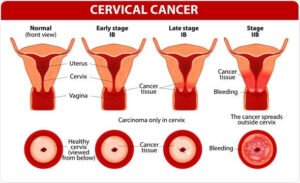
The Bali Declaration, adopted at the forum’s conclusion, urges nations to set ambitious targets and strengthen cooperation toward a cervical cancer-free world by 2030. Donors are also urged to fully fund Gavi’s goal to vaccinate 120 million more girls from 2026 to 2030, a move expected to save 1.5 million lives.
With renewed commitments and global collaboration, the vision of consigning cervical cancer to history is closer than ever, offering hope for millions of girls and women worldwide.



